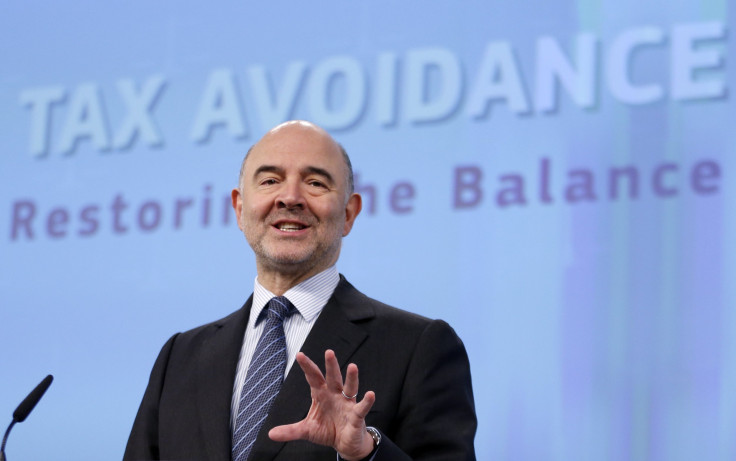EU Tax Proposal Expected To Target Multinational Corporations

Large multinational corporations such as Amazon.com, Apple, Google and Starbucks with operations in Europe have long been able to keep the tax rate they pay in one country secret, not only from neighboring nations but also from their competitors. Critics say this lack of transparency has allowed companies to unfairly secure lower tax rates in some countries, cheating nations within the European Union out of hundreds of millions of dollars.
As a result, the European Commission is expected to propose a rule that supporters say would level the playing field by requiring these companies to publicly disclose their earnings and tax rates in every country where they operate. The proposal could come as soon as April, the Guardian in the U.K. reported, citing three unidentified sources.
European Commission President Jean-Claude Juncker is believed to back the proposal, which likely would face backlash from U.S. companies and politicians who have voiced concerns that a crackdown on varying tax rates could create an uncertain business climate or otherwise restrict the ability of American companies to compete in Europe. It’s unclear how large a company would have to be to fall under auspices of the proposed rule.
Tax avoidance has been a hot topic within the EU in the past few years. The European Commission in October ruled that tax advantages granted to Fiat by Luxembourg and to Starbucks by the Netherlands were illegal, and it required the companies to each pay between 20 million euros ($22 million) and 30 million euros ($33 million) in back taxes. And the commission last month forced Belgium to collect unpaid taxes totaling 700 million euros ($765 million) from 35 large companies that it had previously excused through tax breaks.
The commission already has made one attempt this year to prevent further tax avoidance by drafting rules to allow tax departments in different countries to share information with one another about the rates paid by particular companies. However, those rules did not make the information about tax rates public.
© Copyright IBTimes 2024. All rights reserved.





















